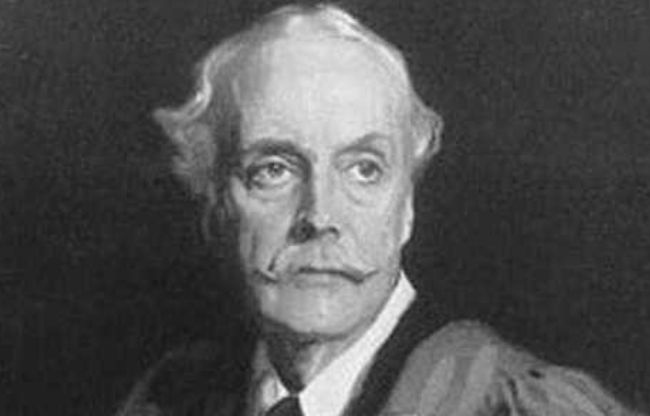The region of Palestine, nestled between the Mediterranean Sea and the Jordan River, is considered sacred by Jewish, Muslim, and Christian communities. It was once under the Ottoman Empire's reign, which lasted for over four centuries.
In the last decade of the 19th century, a significant exodus of Jews from Eastern Europe to Palestine began, known as the 'First Aliyah.' This migration aimed to escape persecution and started around 1881.
Subsequently, from 1904 to 1914, the 'Second Aliyah' took place, characterized by thousands of Jews resettling in Palestine to avoid massacres.

Source: aajtak
A Letter Transforms Fate!
While the Jewish migration was ongoing, Austrian journalist Theodor Herzl penned an article in 1896 advocating for a separate Jewish state.
The Jewish city of 'Tel Aviv' was founded in 1909, during a period of increased migration and amidst World War I, which started in 1914. During the war, British Foreign Secretary Arthur Balfour sent the 'Balfour Declaration' to British Jewish leader Lord Rothschild, establishing the foundation for a Jewish state in Palestine.

Source: aajtak
The Fall of the Ottoman Empire...
Following World War I, the Ottoman Empire collapsed, and Britain and France carved up the Middle East. Britain gained control of Palestine where the Jewish population rapidly grew post-war.
The 1936-1939 Arab revolt, triggered by the substantial Jewish immigration, led to widespread violence. Britain imposed restrictions on Jewish immigration to Palestine in 1939, amidst the outbreak of World War II which saw unprecedented horrors inflicted upon the Jews.
In response, the secret movement 'Aliyah Bet' facilitated the discreet resettlement of Jews in Palestine, increasing the Jewish population significantly by the end of the war.

Source: aajtak
The Demand for a Jewish State
Longstanding demands for a Jewish state gained momentum following the Holocaust. Britain's attempt to solve the issue by negotiations failed, leading to the United Nations General Assembly taking up the matter in 1947. Propositions for a partitioned Jewish and Arab state were followed by civil war in December 1947.
On May 14, 1948, the day before the British mandate was to end, Jewish leader David Ben-Gurion declared the establishment of Israel.
Israel's formation triggered immediate military response from surrounding Arab nations, resulting in nearly a year of conflict before a ceasefire in 1949 established the 'Green Line' as a temporary border.
West Bank and Gaza Strip, still contested lands, define part of the complex fabric of Israeli-Palestinian relations.
Israel Joins the UN, Palestine's Status Remains Undetermined
Israel gained international recognition quickly and became a UN member in 1949, whereas Palestine remains unrecognized as an independent state, split into two regions: West Bank and Gaza Strip, each controlled by different political entities.
Although most UN member states recognize Israel, the status of Jerusalem as its capital remains contentious in international circles.




